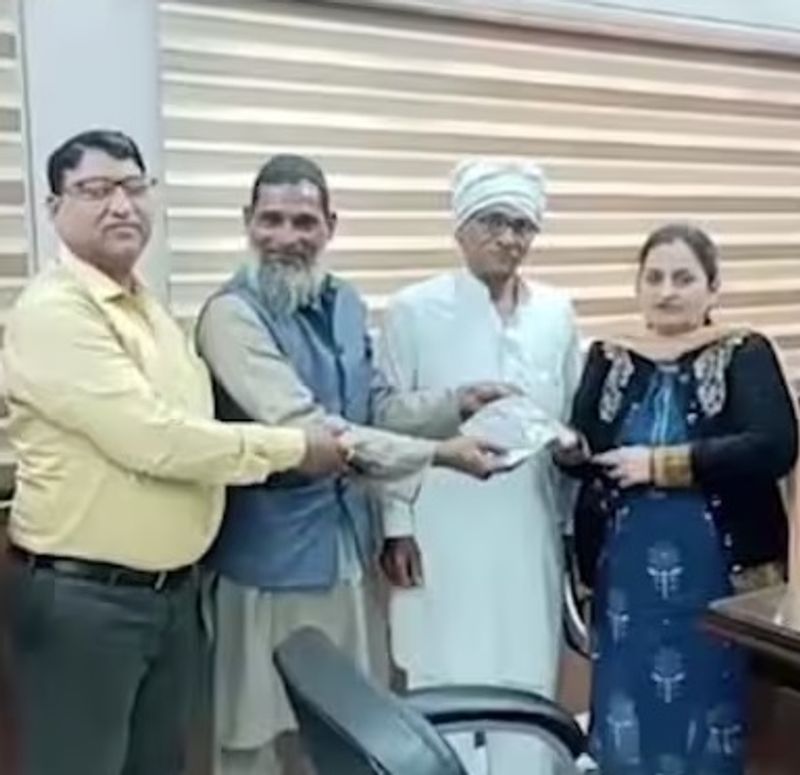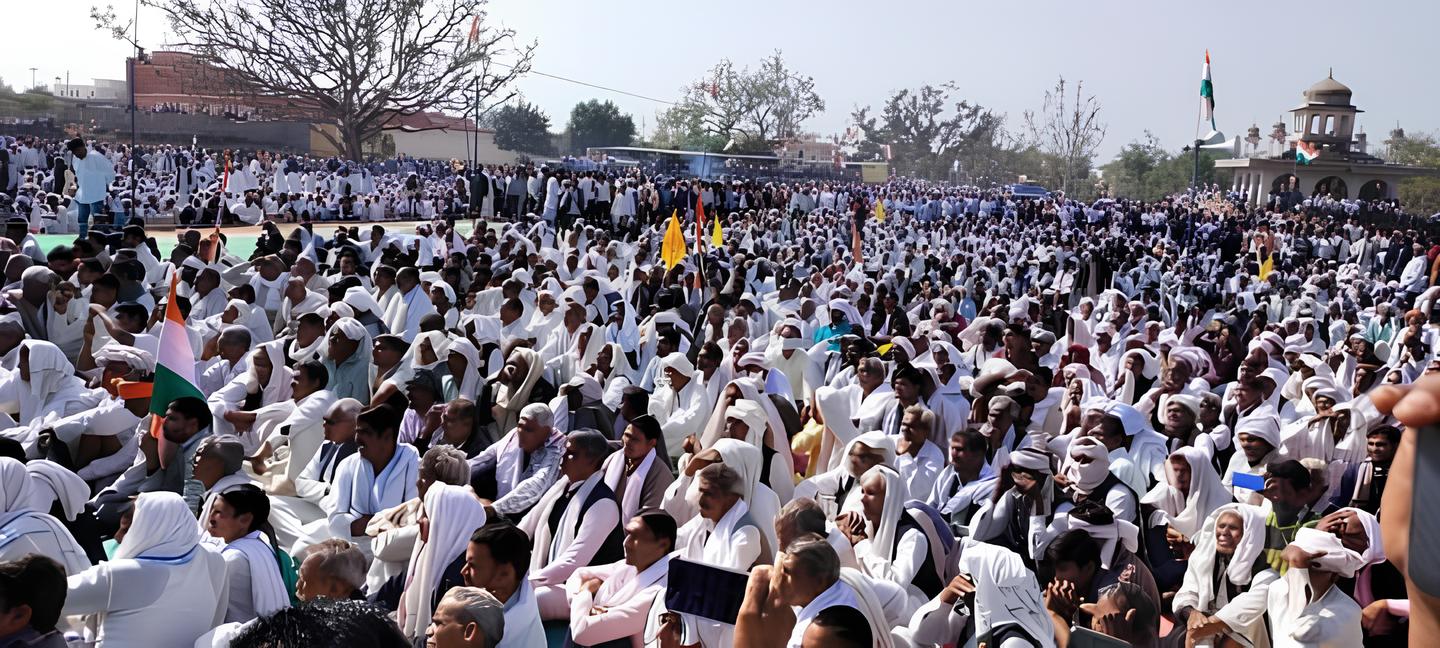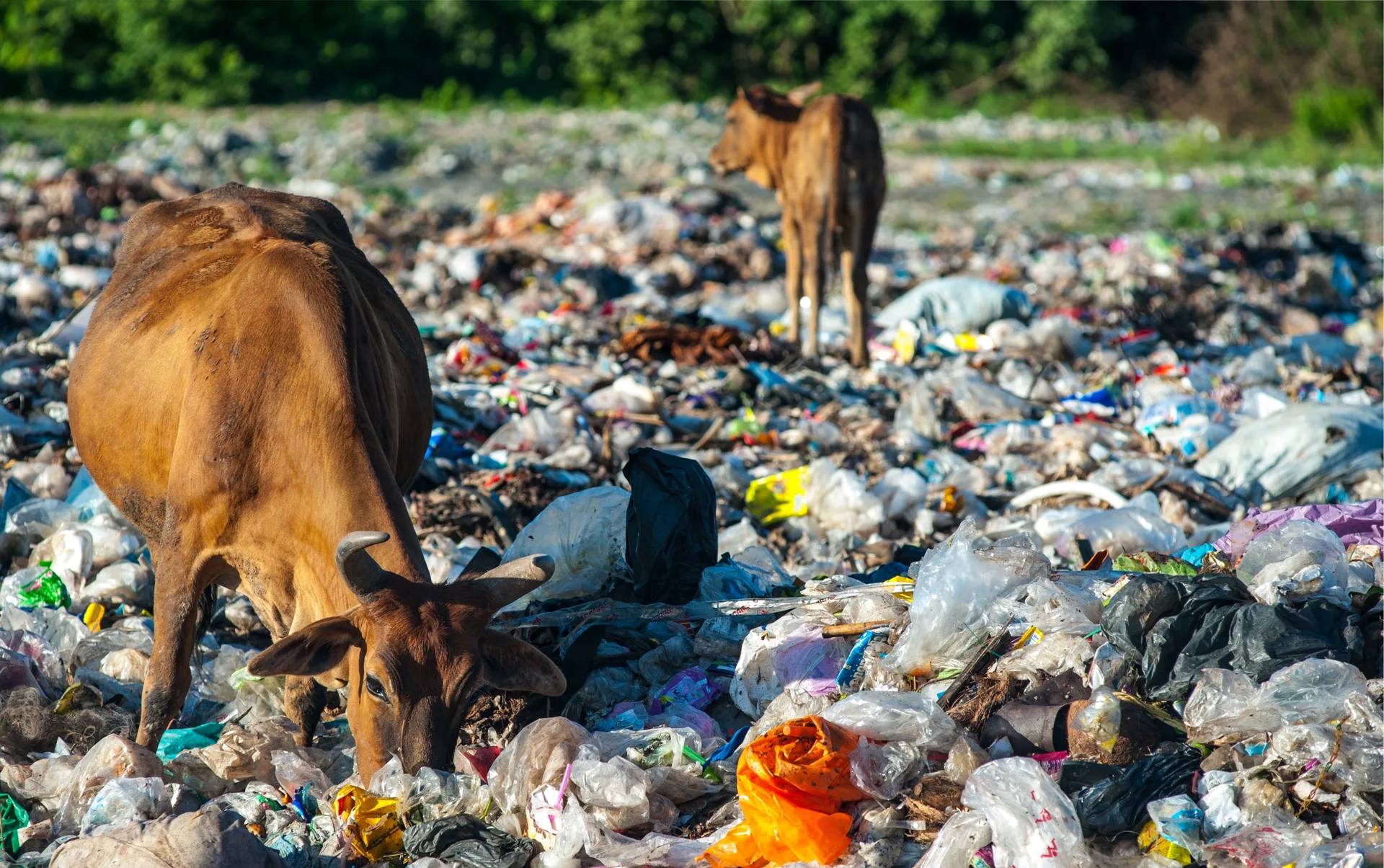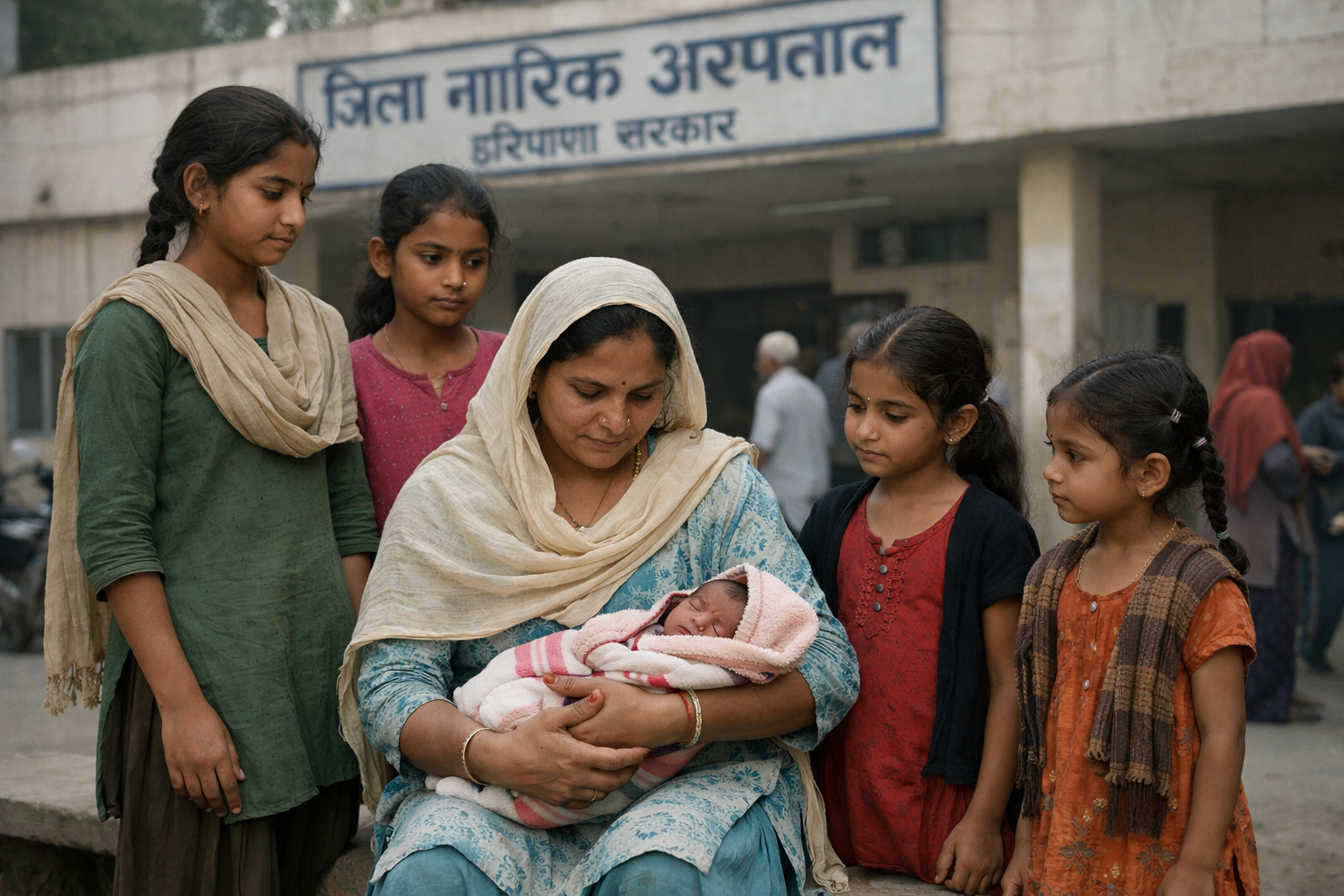
A huge meeting of Gurjar community leaders took place in Rewari, Haryana this Sunday. They've come up with new rules they say will make their community better. These changes will really shake up how people celebrate weddings and handle other traditions.
The community elders gathered in what's called a Mahapanchayat - basically a grand council where important decisions are made. They voted on several new restrictions that every family in their community is now expected to follow.
"We believe these changes will strengthen our community values and reduce unnecessary spending," explained one of the senior members at the gathering, though many younger community members might see things differently.
The Gurjar council just dropped a bombshell of new rules that'll transform celebrations across villages in Rewari. No more DJs blasting music at weddings. Women are now limited to just 11 participants at certain ceremonies. Even the money spent on engagement garlands can't exceed 5,100 rupees.
What gives these rules real teeth isn't just community respect – it's fear of being completely cut off. Imagine planning your daughter's wedding and suddenly none of your neighbors show up. Or worse, facing a family tragedy alone.
Key Decisions Affecting Community Practices
"These aren't just suggestions," says Vikas, who attended the meeting. "The council listed exactly what's changing:"
- No DJs at any celebrations – period
- Only 11 women can attend the Bhat Nyota pre-wedding ceremony
- No more giving out utensils as gifts
- Wedding bars are completely banned
- The traditional Chhuchak money-giving practice? Gone
- No utensil gifts during a baby's sixth-night celebration
- Just 5 people can attend a girl's engagement ceremony
- Engagement garland exchanges capped at 5,100 rupees
- Only 5 people allowed to inspect wedding venues
- No liquor shops within village boundaries
Enforcement Through Social Pressure
If you break these rules, expect consequences. The community will ghost you completely – no help during harvest, no loans when you're desperate, no shoulders to cry on during tough times.
Older community members insist these changes protect tradition and prevent wasteful spending. "Weddings had become competitions," argues Pradhan Singh, 68. "Families were going into debt just to show off."
But younger villagers aren't buying it. "They call this preserving tradition?" questions Priya, 23. "My great-grandmother celebrated with more freedom than I'll have now."
Some changes might make sense. Limiting alcohol could reduce fighting and accidents at celebrations. But telling women they can't participate in ceremonies? That's raising eyebrows even among traditional families.
"My grandmother attended these ceremonies with all her friends. Now they tell us only 11 women can go?" questions Sunita, a young Gurjar woman from a nearby village. "How is limiting women's participation making society better?"
Will people actually follow these rules? Can community leaders legally enforce social boycotts? These questions remain unanswered as families decide whether to comply or risk isolation from their community.














